There is a lack of data regarding nutritional requirements of female skiers, yet the number of women participating in winter sports has been rapidly increasing in the past few decades.
In 2012, female participants accounted for 43% of all involved in snow sport activities within Great Britain1.
Female skiers in Great Britain are mostly in their 20s.
The rate of female skiers tends to increase again when we look at women in their 40s.
One of the primary issues faced by women who participate in skiing is the fact that quality and total calorie consumption is often not adequate to meet with the calorie expenditure during ski sessions.
This causes an inadequate energy and performance balance, leading to fatigue, slow recovery and low endurance while participating in a training session or competing professionally.
Competition in between athletes is fierce. Some athletes including even some world champions instead using customised nutrition strategies designed for their bodies to maximise athletic performance in a safe, effective and healthy way are getting banned to the use of performance enhancing substances use.
- Would you benefit if you could maximise your athletic performace and empowered to win, -without getting banned?
If the answer is yes than, please keep reading.
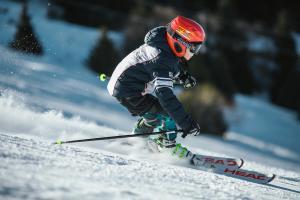
Energy Requirements Of Female Skiers
Scientific studies have suggested that women expand, on average, around 4,400 calories when they participate in a 90-minute skiing session2.
Other studies have suggested calorie expenditure ranges between 2,000 and 3,000 calories per session.
Data for a specific participant of the sport depends on the intensity of the session, the duration of the session, as well as their personal data.
Personal data would include body weight and composition, height, and more.
The sport of skiing measures as one of the most demanding sports for female participants when calorie expenditure is considered.
Different foods create different metabolic effects, performance outcome and at the end different biological end effects.
Just to begin with – for adequate performance, energy expenditure should meet energy intake whilst nutrition quality is equally important.
This will result in neither weight gain or weight loss, but rather provide high quality energy and higher than regular endurance for the female athlete participant.
The thermic effect that food yield in the body, along with a resting metabolism rate, leads to an additional calorie expenditure, which may range up to 1,800 calories on a daily basis.
Fuel Sources For Female Skiers
In order to maximise competing skiing goals energy intake should come from appropriate fuel sources for maximum performance.
One study3 considered average fuel sources for female skiers and found carbohydrates to make up for the majority of calories consumed.
Protein intake for female skiers is often lower than the intake of protein as a fuel source among male skiers.
More than 50% of calories consumed accounted for carbohydrates, while protein accounted for 14.3% of daily calories and fat accounted for 33.0% of the consumed calories.
Creatine Monohydrate is a sports supplement that may be useful for female skiers.
The supplement may offer an improvement in performance during their activity.
Caffeine is also a supplement utilised by some female participants of skiing, as a way to elevate their energy and focus.
The recommended dosage for caffeine is up to nine milligrams per kilogram of a woman’s body weight.
Best Training Diet for Skiers?
A specialised diet can help skiers get the most out of their sessions, whether training or competing in a professional competition.
Your nutrition diet plan will depend on the season. Skiing is usually not performed throughout the year.
Therefore, the ideal diet for a skier should be divided into the off-season and in-season varieties.
 In-Season Diet For Skiers
In-Season Diet For Skiers
In-season, skiers need to eat foods that help to provide them with adequate fuel for their skiing sessions.
The food should not only provide fuel, but a focus on hydration is just as important.
Many female skiers fail to meet the appropriate carbohydrate requirement during in-season in their diet.
For example this study4 found that up to 92% of female skiers do not get enough carbs when they ski.
The study recommends up to 12 grams of carbs per one kilogram of body weight each day during the in-season period.
It is also important to consider the specific nutritional intake during the in-season.
Many people find their own way of implementing a diet that offers appropriate improvements in their performance.
According to scientific research, some of the suggested methods may not work as well as some people think.
One study5 considered the use of a beetroot juice alone.
The focus was on the use of nitrates.
Elite cross-country skiers were involved in the study.
The intake of dietary nitrate did not provide the expected improvement in performance.
Appropriate carbohydrate intake is a key element here, which should be obtained from the right sources.
Rolled oats, lentil soup, roasted chestnuts, plain yoghurt, rice bran, and blueberries are only a few options that these athletes may consider.
Off-Season Diet For Skiers
When the time for participating in skiing competitions have passed, a skier should still continue to uphold a specific diet.
The diet will primarily focus on the skiers’ physique during the off-season period.
Hydration Needs
People often overlook the fact that cold air up on the slopes when skiing tend to contain much less water compared to the air in a warmer environment – such as on the ground.
With this in mind, hydration becomes a critical element that a skier needs to take into account.
Hydration from high quality water is key.
A skier needs to ensure they drink adequate fluids during their trip on the slopes.
Hydration is important at all times – even when the skier is not actively participating in a training session or a competition.
Hydration From Fresh Juicing
Hydration from fresh juicing can also be very useful.
A customised approach is needed to comply with the needs of the individual skier, however…
Anti-inflammatory foods are critical to helping with the recovery process of muscles during these sessions.
A green based fresh juice mixed with selected high quality carbohydrate is also an excellent way for a skier to reduce the risk of fatigue.
This is one of the most critical sources for fuel when looking at the macronutrient profile in a fresh juice.
The addition of ginger helps to provide anti-inflammatory benefits.
Carrot can be added for its beta-carotene content, along with its carbohydrate values.
This is also one of the crucial antioxidants that play a key role in sports nutrition, helping to protect the body against oxidative stress – a byproduct of oxygen metabolism6.
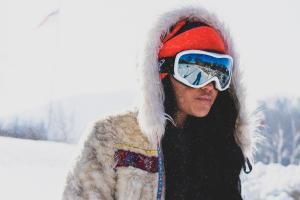
What to Eat before the competition?
Preworkout nutrition plays a big part in allowing an athlete to be at the top of their game during both training and competitive events.
An appropriate macronutrient profile needs to be introduced in a meal that is consumed just a few hours after going out on the slopes.
Appropriate inclusion of modified starches helps with improving the performance and endurance of the skier.
The benefits also apply to the metabolism of the person.
One study explains that a fasted state should not be considered by an endurance athlete, which directly applies to skiers.
Timing is crucial, just as the actual food consumed before the event.
One study shows that the most significant results can be experienced when the meal is consumed within one to four hours of the event7.
Apart from modified starches, the including of carbohydrates with a low glycemic index can also be useful.
Chickpeas can be consumed with spinach.
Tofu, watercress tomato, and spinach on a sandwich also add an appropriate profile of both carbohydrates and protein.
Athletes may also choose to opt for hot porridge, along with cinnamon, almonds, and some papaya on the side.
Other options may include bread rolls with some pumpkin soup. Buckwheat pasta, along with a protein source like tofu, can also be useful.
Jazz’s Formula One Nutrition Science for Skiing Lovers
Precise nutrition is a crucial element in helping any skier reach their peak performance.
Nutrition plays a key role in providing enhanced performance and pushing the boundaries of the skier’s endurance – both critical elements while skiing.
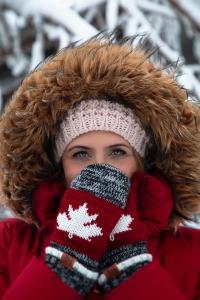 Jaz Alessi has been lecturing at top professional organisations like London School of Economics (LES), Cameron McKenna, City Group Bank and working with world class athletes for the last two decades, offering personalised programmes that focus on helping the athletes maximise their performance in the field.
Jaz Alessi has been lecturing at top professional organisations like London School of Economics (LES), Cameron McKenna, City Group Bank and working with world class athletes for the last two decades, offering personalised programmes that focus on helping the athletes maximise their performance in the field.
The Formula One Nutrition Fundamentals for Skiing lovers seminar provided by Jazz will help athletes understand how nutrition and the food they eat plays a role in how they will perform – whether that is in a professional competition, in their journey to elite status, or during a training session.
Jazz is also able to address common issues that these skiers may face, such as equip them with the knowledge to improve their dieting habits even when they find themselves on a lower budget.
Personal training strategies are also described that helps the athlete understand how both mental and physical performance can be enhanced through a customised solution that matches the needs of the individual.
- Would you benefit if you could maximise your athleticism and empowered to win with customised nutrition diet plan without using any performance enhancing drugs and risk getting banned?
- If the anser is Yes, – contact Jazz Alessi through this link
References
1 Dr. P. Warwick. The Ski Club of Great Britain – Squeezing-out the future. Durham University Business School. 2013. http://dro.dur.ac.uk/12075/1/12075.pdf
2 N.L. Meyer, S. Parker-Simmons, J.M. Erbacher. The Role of Adequate Nutrition For Performance and Health For Female Cross-Country Skiers. International Ski Federation. http://www.sheilakealey.com/wp-content/uploads/2014/02/nutrition-for-female-cross-country-skiers-0607.pdf
3 S.K. Papadopoulou, A. Gouvianaki, M.G. Grammatikopoulou, Z. Maraki, J.G. Pagkalos, N. Malliaropoulos, M.N. Hassapidou, N. Maffulli. Body Composition and Dietary Intake of Elite Cross-country Skiers Members of the Greek National Team. Asian Journal of Sports Medicine. December 2012. http://europepmc.org/articles/pmc3525822
4 A. Carr, K. McGawley, A. Govus, E.P. Andersson, O.M. Shannon, S. Mattsson, A. Melin. Nutritional Intake in Elite Cross-Country Skiers During Two Days of Training and Competition. International Journal of Sport Nutrition and Exercise Metabolism. May 2019. https://www.ncbi.nlm.nih.gov/pubmed/29989466
5 O. Peacock, A.E. Tjonna, P. James, U. Wisloff, B. Welde, N. Bohlke, A. Smith, K. Stokes, C. Cook, O. Sandbakk. Dietary nitrate does not enhance running performance in elite cross-country skiers. Journal of Medicine and Science in sports and exercise. Nov 2012. https://www.ncbi.nlm.nih.gov/pubmed/22874535/
6 K.H. Wagner. Chapter 4: Antioxidants in Sports Nutrition. Antioxidants in Sports Nutrition. 2015. https://www.ncbi.nlm.nih.gov/books/NBK299053/
7 C. Chryssanthopoulos, C. Williams, A. Nowitz, C. Kotsiopoulou, V. Vleck. The effect of a high carbohydrate meal on endurance running capacity. International Journal of Sport Nutrition and Exercise Metabolism. Jun 2002. https://www.ncbi.nlm.nih.gov/pubmed/12187616/



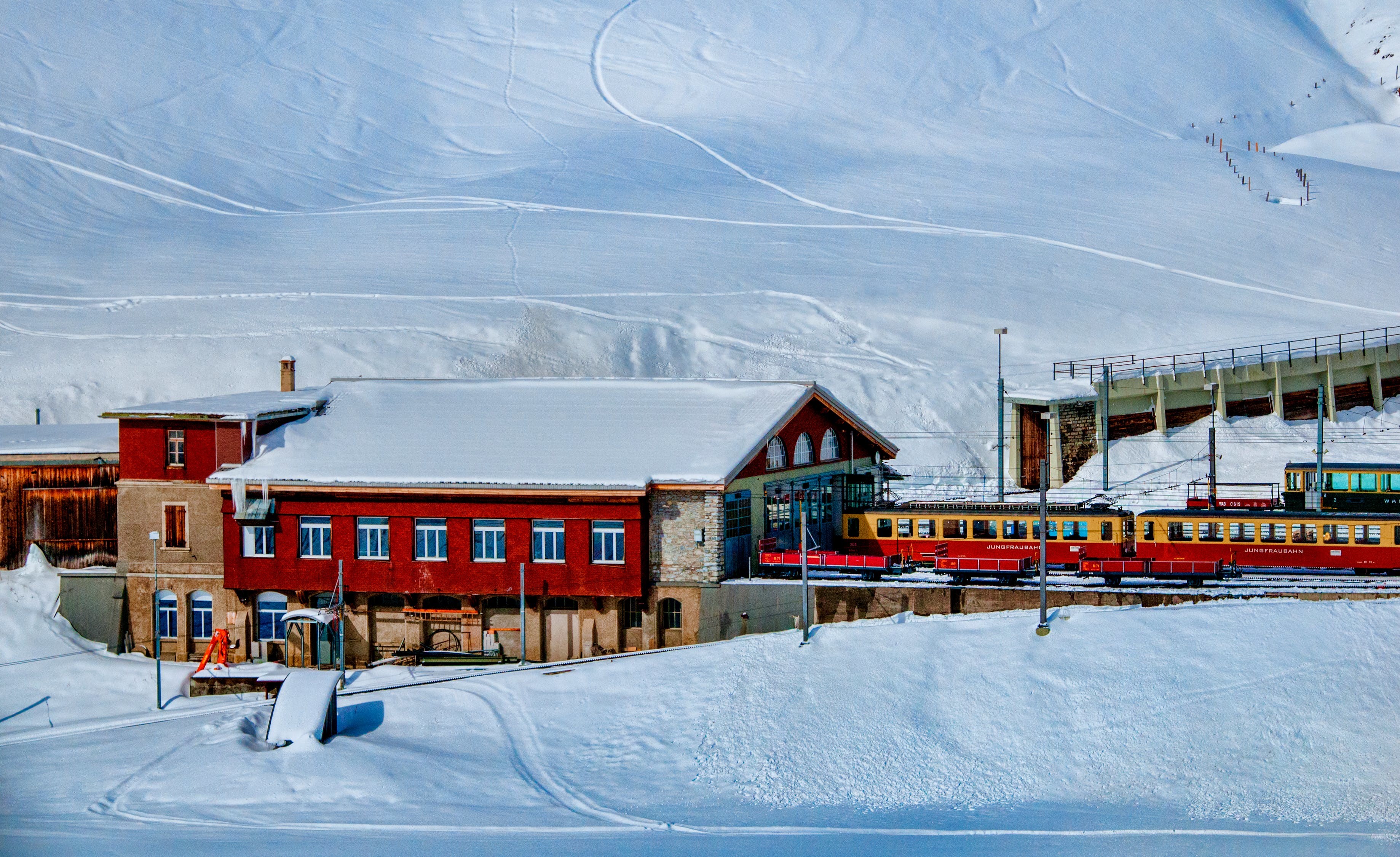
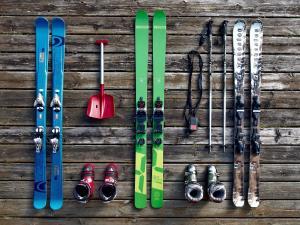 In-Season Diet For Skiers
In-Season Diet For Skiers